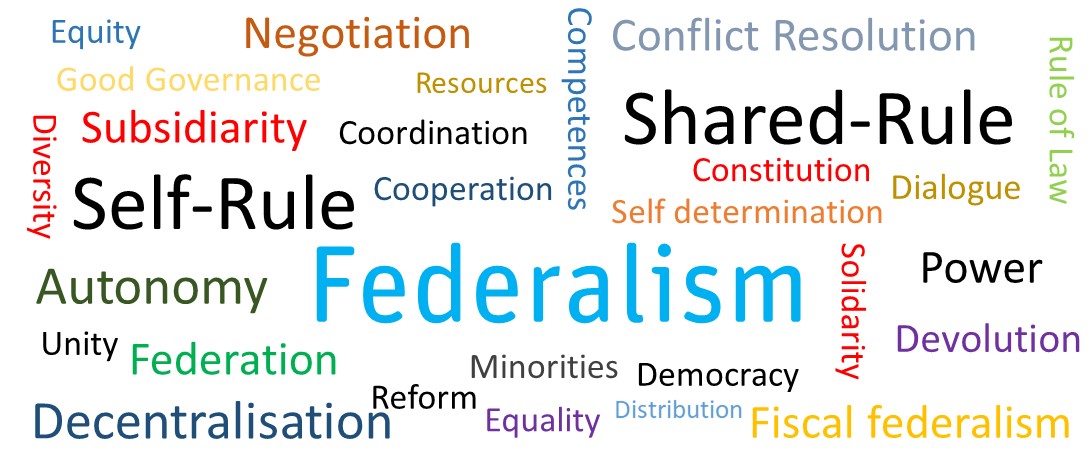Abstract
Ethiopia adopted multinational federalism in 1995 to accommodate its diverse ethnic groups, granting them self-determination rights, including secession. While this system has enhanced linguistic and cultural recognition, and improved ethnic representation and self-rule, it has also inadvertently deepened ethnic divisions, contributing to recurrent conflicts and instability. The federal framework, intended as a solution to historical marginalization, appears to have reinforced inter-ethnic competition. This article examines Ethiopia’s federalism, its achievements, shortcomings, and ongoing challenges, arguing that meaningful reforms, such as electoral reform, institutional strengthening, and genuine conflict resolution mechanisms, are crucial to achieving a more stable and inclusive political order.






